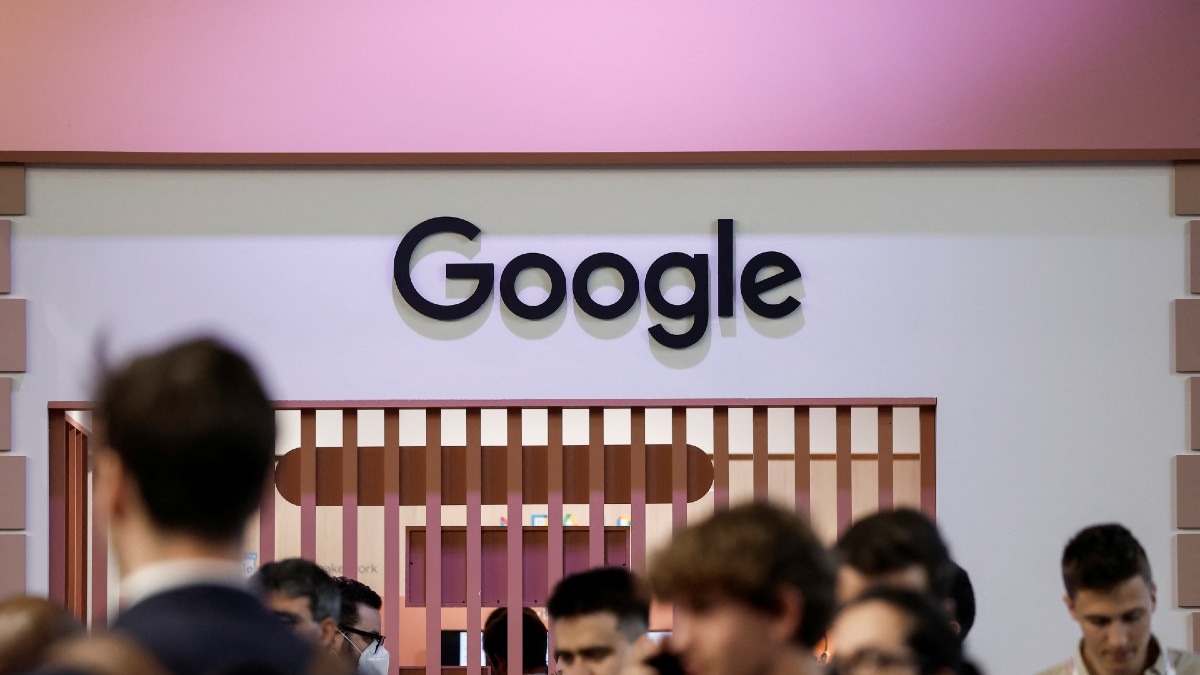[ad_1]
Alphabet unit Google has been qualified by a French client team and its friends in issues to privateness watchdogs above its extensive trove of users’ individual details harvested by means of their Google accounts, European buyer organisation BEUC said on Thursday.
In addition to the French shopper team, other individuals in Greece, the Czech Republic, Norway and Slovenia have taken their gripes to their knowledge protection authorities, BEUC reported.
It explained the German purchaser human body had sent a warning letter to Google that could guide to a civil lawsuit, when customer agencies in the Netherlands, Denmark and Sweden had prepared to their privateness regulators alerting them about Google’s tactics.
BEUC stated the concern was Google’s account indicator-up procedure.
“The language Google takes advantage of at every action of the registration system is unclear, incomplete, and misleading,” the group said.
“Google also frames the extra privateness-pleasant possibilities as missing out on pros. This stops the shopper from using an educated conclusion when they make their decisions and success in unfair, non-transparent and unlawful processing of their private facts,” it said.
In past privacy grievances, Google has reported consumers can edit, delete or pause options and that it also make apparent to buyers that it collects their knowledge to boost their services.
Google, which has been penalised much more than EUR 8 billion ($8.4 billion or almost Rs. 66,300 crore) by EU antitrust regulators and the emphasis of two ongoing antitrust investigations, could encounter fines up to 2 % of its global turnover if observed guilty of breaching EU privacy rules.
Some of the organizations complained about Google’s tracking of end users to their privateness enforcers 4 yrs back but have nonetheless to see any motion being taken. They intention to ramp up the pressure on regulators with the newest problems.
© Thomson Reuters 2022



